The Engagement Exchange Newsletter
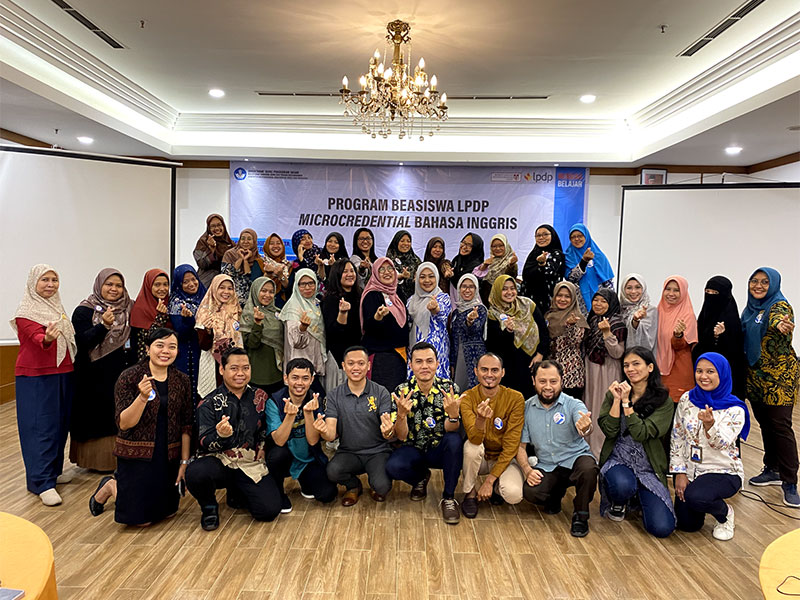
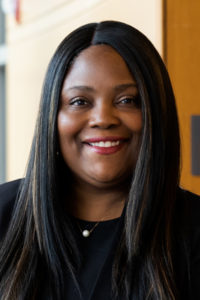
DIRECTOR’S WELCOME – NOELLE
From time to time, certain words come to my mind and refuse to leave. As they make a home in my conscious, these words provide rich fodder for my journaling during that life’s season. My latest one is “peace.” With all that is happening in our world and perhaps in our lives, I have been dwelling on all this word means and how to give and experience it in my home, my work and my life. I encourage you all to think of your own word or phrase of reflection this season. Dwell on it. Be it. And in relation to my word, peace, I am wishing it for all of you this winter break and beyond.
– Noelle Arnold, PhD
Senior Associate Dean and Director of EDGE
Professor of Educational Administration
MEET THE STAFF…and A Quote That Gives Us Hope…
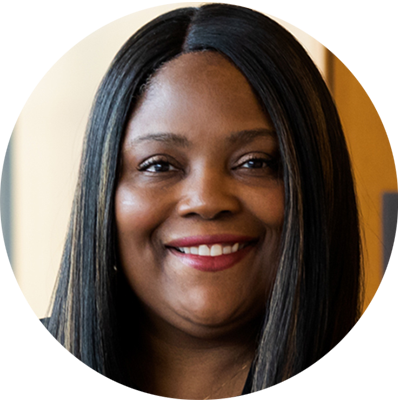
Noelle Arnold, PhD
Senior Associate Dean;
Professor of Educational Administration
I had the opportunity to visit an elementary school a few weeks ago. In each classroom I visited, I found hope for our world in each colorful and welcoming classroom, in each lesson, in each child’s faces.
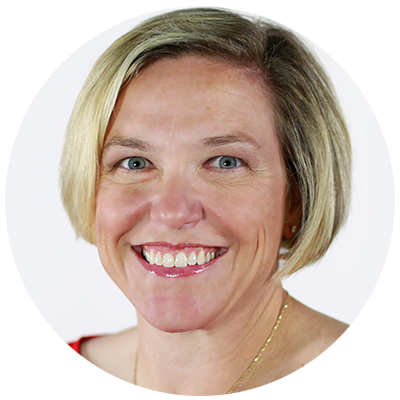
Christine Fagan, EdD
Special Projects Manager
“Let your hopes, not your hurts, shape your future.” – Robert H. Schuller
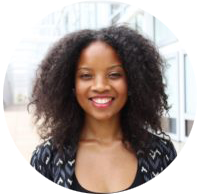
Carlotta Penn, PhD
Senior Director of Partnerships and Engagement
“To everything there is a season . . . A time to break down and a time to build up.” Ecclesiastes 3
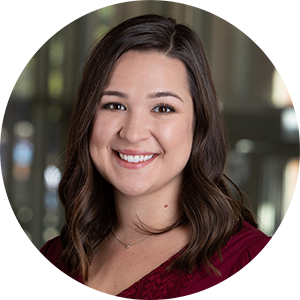
Jenna DiCamillo
Global Education Specialist
“When change is hard and not so nice, if you listen to your heart the whole night through, your sunny someday will come one day soon to you.” – Hang on Little Tomato by Pink Martini
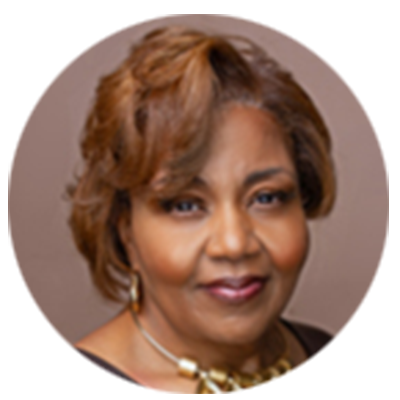
Tei Street
Education Director of Health Science Academies
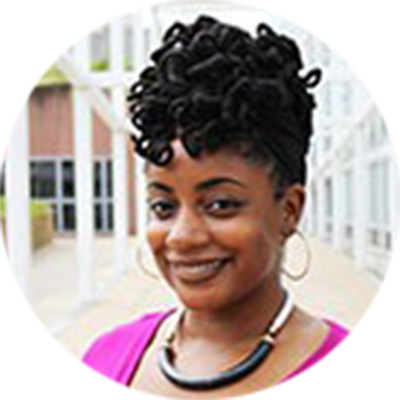
Ryann Randall
Assistant to the Director
“We must accept finite disappointment, but never lose infinite hope.” — Martin Luther King, Jr.
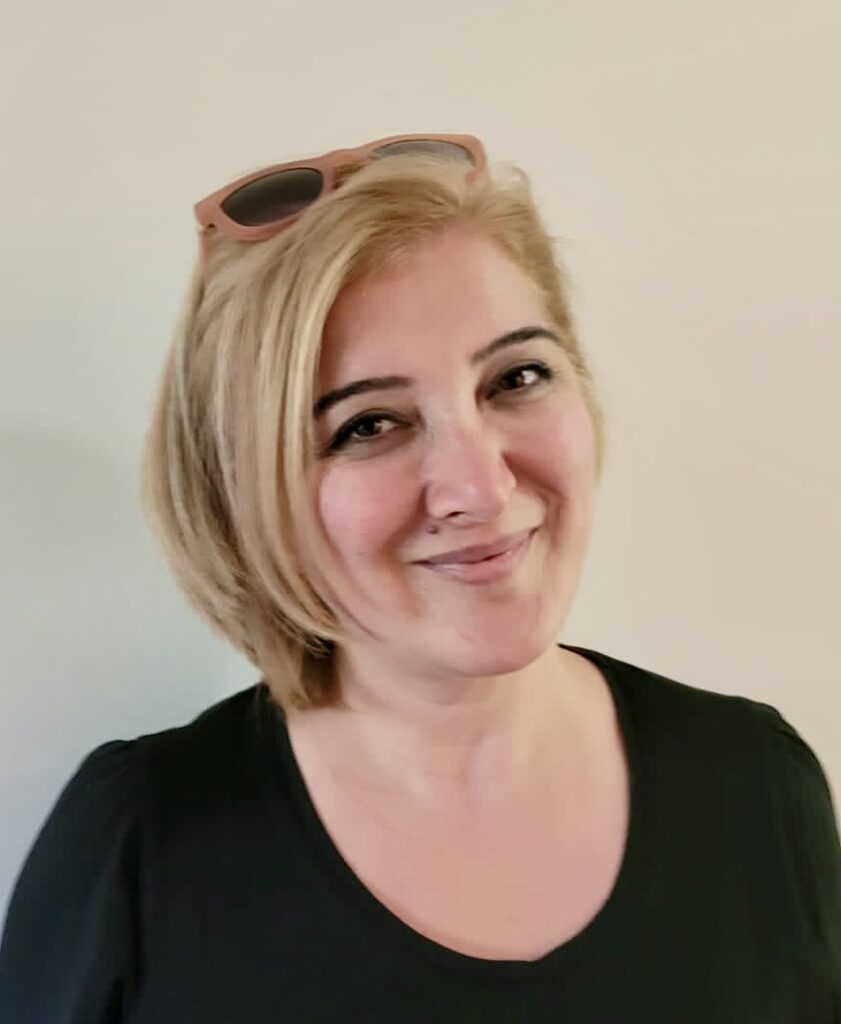
Filiz Oskay
EDGE Graduate Assistant
“You can cut all the flowers, but you can’t stop Spring” – Pablo Neruda
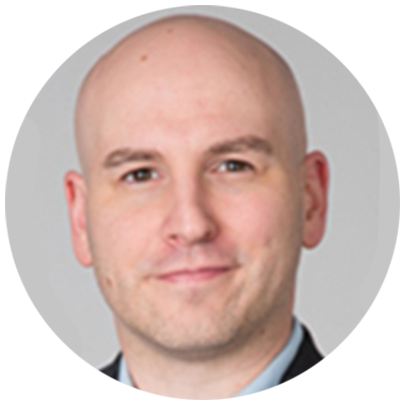
John Rensink
Senior Director, The Bright Initiative
“Our greatest glory is not in never falling, but in rising every time we fall.” – Confucius
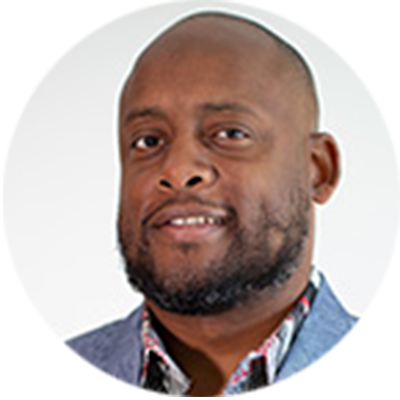
Muhammad Khalifa, PhD
Professor of Educational Administration;
Executive Director of Urban and Rural Initiatives
College And Community Engagement
Featured Program – Leadership for Equity Institute 2023
On June 20 and 21, 2023 the Leadership for Equity Institute was held at the Ohio Union. Columbus City Schools Principals, Assistant Principals, and other district leadership attended the Wallace Foundation- funded 2-day event centered around equity-centered leadership. Equity experts both locally and from across the country engaged and presented CCS leaders with thought provoking and meaningful research that was applicable to their setting. Dr. Mark Gooden, an Ohio State EHE Alum, from Columbia University, gave the keynote address.
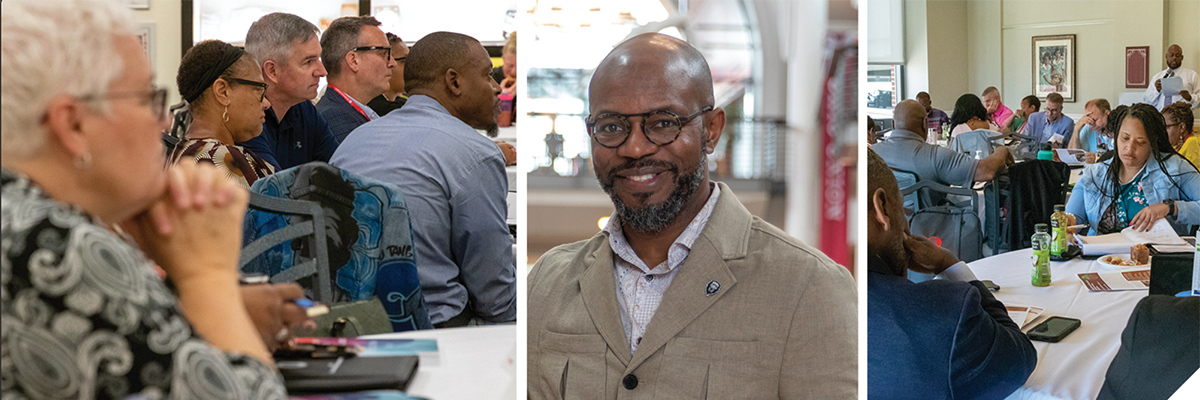
BRIGHT

The Bright Fellowship transitioned to an exciting new phase of the program this fall. Fellows were placed into school districts within several regions across the state and officially began their principal internships in August. As principal interns for the 2023-2024 academic year, they are serving on the building leadership teams and are applying to the school setting what they’ve been learning in the classroom. Bright fellows have also been assigned principal coaches, providing one-on-one guidance and mentorship to them ongoing as they navigate their internship experiences. Outside of their internships, Bright fellows are still busy with coursework, including topics of data-driven improvement, DEI, instructional rounding, social-emotional learning, operations management, and organizational behavior and management. Courses on accounting, marketing, and human capital management will also begin soon. The Bright program continues to host monthly sessions, where fellows, staff, and faculty look forward to a week full of community building, learning in the classroom, and sharing of the growth fellows are experiencing on their unique leadership journeys. Learn more about all of Bright’s wonderful fellows here.

John Rensink
Senior Director, The Bright Initiative
EDGE Bookshelf Recap

The EDGE Bookshelf showcases the literary contributions of EHE faculty and staff whose work centers diversity, equity, anti-racism, and justice and includes recommended readings from featured faculty members. It is our hope that the Bookshelf serves as one resource through which we can learn from one another as we continue to grow as an anti-racist, inclusive, and equity-centered college community.
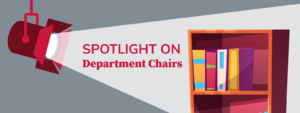
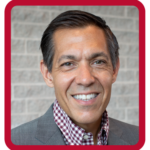
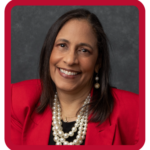
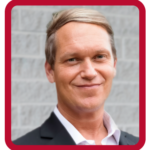
During the month of August, EDGE featured EHE Department Chairs, Dr. Antoinette Miranda, Department of Teaching & Learning, Dr. Brian Focht, Interim Ed Studies Department Chair, and Dr. Erik Porfeli, Department of Human Sciences.
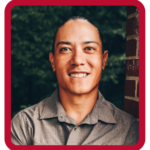
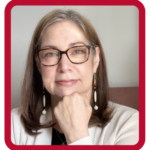
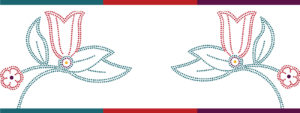
During the month of October, EDGE celebrated Indigenous Peoples’ Day and featured EHE faculty & staff and their contributions and scholarly submissions. Dr. Tim San Pedro and Dr. Shannon Gonzales-Miller provided submissions to elevate the already robust EDGE Bookshelf.

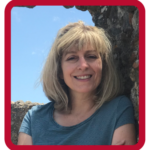
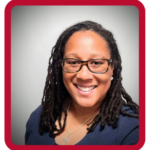
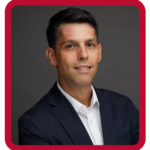
In December, we featured EHE faculty and staff whose mission is to volunteer in their respective communities. Robin Chenoweth, Dr. Dorian Harrison, and Michael Moses provided scholarly articles and recommended books for anyone to read. We thank all of this semester’s participants for sending their submissions and look forward to the Spring semester.
October and Mental Health
During the month of October, we celebrated World Mental Health Day and featured EHE faculty whose research and expertise focused on mental health. The following EHE faculty contributed their insight to this important initiative:
- Dr. Tanya Middleton
- Dr. Darcy Granello
- Dr. Collette Dollarhide
- Dr. Steven Stone-Sabali
- Dr. Brett Zyromski
EHE Legacies Recap
An EHE Legacy is a current or former OSU/EHE community member whose contributions to the university and society are worthy of recognition. Since 1895, the College of Education and Human Ecology has played an important role in education at all levels and human development across the lifespan at The Ohio State University, the United States and around the world. The EHE Legacies project started in Fall 2019 and was created to explore the rich legacies of people, experiences, and accomplishments that have helped shape the College of Education and Human Ecology. We believe that a legacy starts with the knowledge and appreciation of the contributions of those who came before, which establishes a strong foundation upon which to build and progress.
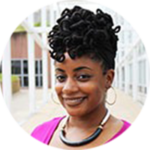
Ryann Randall
Project Lead
GLOBAL HUB
The Global Hub Reception was held on Wednesday, November 8th. We are sharing an edited version of remarks offered during the event.
Good afternoon. It is great to see you all together in the room today, representing multiple departments and offices from both within and outside of the College of Education and Human Ecology. My welcome is two-fold: Firstly, I bring you greetings on behalf of Dean Don Pope Davis who regrets he could not join us today. Dean Pope-Davis is the catalyst for the vision of our internationalization efforts and in creating a key pillar of our college in this area. Secondly, on behalf of the Office of Engagement, Discovery, and Global Education, I greet you and applaud all of you who are leaders and strategic partners in the area of global education, engagement and international affairs in the college. Our college is a leader on campus for our international work and next semester you will be hearing about an exciting opportunity that has the potential to put our college literally “on the map” in another country. Stay tuned.
I want to recognize the Global Education team in the Office of Engagement, Discovery, and Global Education –Jenna Azotea DiCamillo is our Global Education Specialist and Carlotta Penn is Senior Director of Partnership and Engagement. Their support of faculty and staff is instrumental to our college success in its commitment to expanding and strengthening international partnerships and programs. Thank you to our other EDGE and college staff who make this work successful.
We recognize that we are holding this celebratory event at a time of international crisis. We want to take a moment to acknowledge that many are hurting. Our collective desires and the work we do are in service of contributing to a world where all people experience peace and equality.
Our Pillar for Global and Local Engagement affirms that by engaging with people from different cultures and experiences, we gain new perspectives that enhance our global reach and local impact. As the posters displayed and the conversations happening all around the room indicate, the faculty, staff, and students of EHE are enthusiastic and passionate about creating and sustaining rich partnerships and experiences at home and abroad. I want to take a moment to highlight just a fraction of recent and upcoming global-local engagements.
In September, Dr. Peter Paul hosted a group of undergraduate students and faculty from PingTung University in Taiwan. These future educators toured special education schools in Columbus and met with EHE faculty and staff. In the past year, Drs. Goodway, Sutherland, and Paul have hosted visiting scholars from a key partner institution, the University of Tsukuba. Our faculty and staff, including Brian Turner, Ann Turpin, and Adrian Rodgers, have taken students on global education experiences across Europe and Asia. The BuckLer Center, led by Ivan Stefano, Francis Troyan, and Pete Sayer, has trained dozens of students and educators from China and Indonesia in virtual training programs.
Our office is regularly presented with opportunities to partner with institutions and scholars abroad. These partnerships don’t happen without the interest and commitment of faculty and staff. I’m pleased to announce that after several months of development and discussion, EHE was named as a partner institution on two large scale grant programs funded by the Japanese government. These multi-million dollar, multi-year programs with the University of Tsukuba and Kansai University are in the early stages of implementation. While I do not have time to mention everyone’s partnership or program, I value your work and the impact it has on students, faculty, educators, and the global education landscape.
The Office of International Affairs is our primary partner and collaborator on campus, working with us to ensure the excellence of our programs. Thank you to all of the staff who are here and away for your daily support.
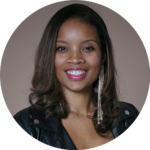
Carlotta Penn, PhD
Senior Director of Partnerships and Engagement
Global Hub Reception
On Wednesday, November 8th, EDGE hosted its second annual Global Hub Reception. Faculty and staff from EHE and other campus units came out in recognition of EHE global engagement and accomplishments.
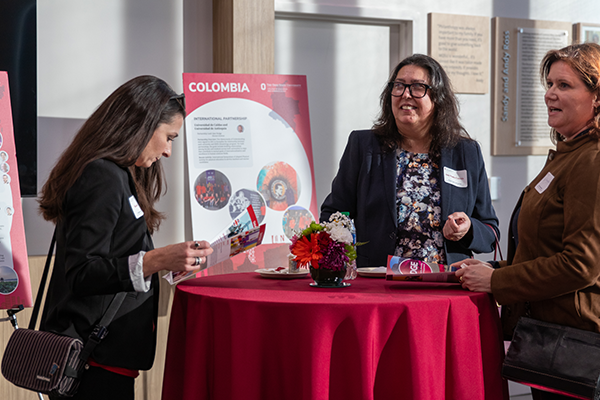
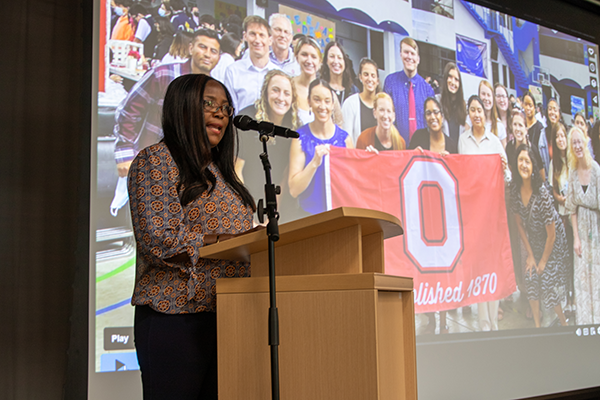
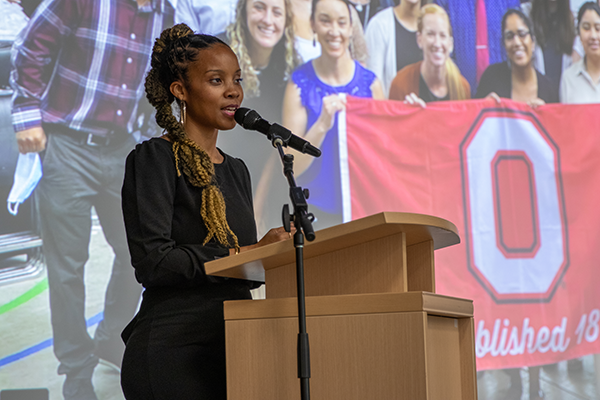
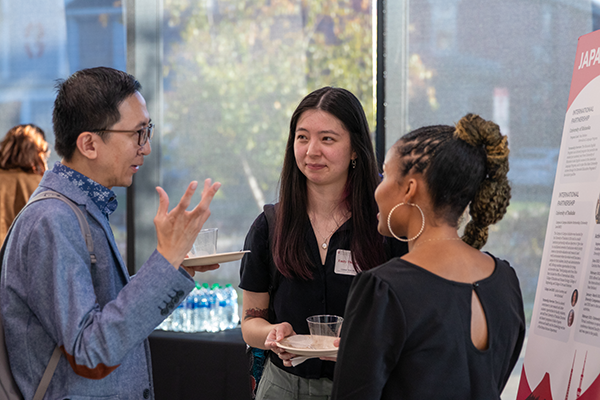
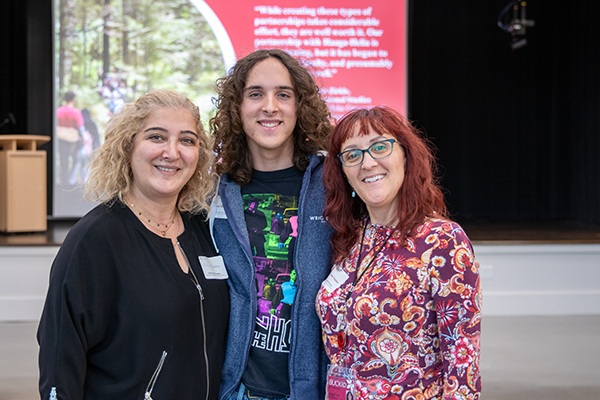
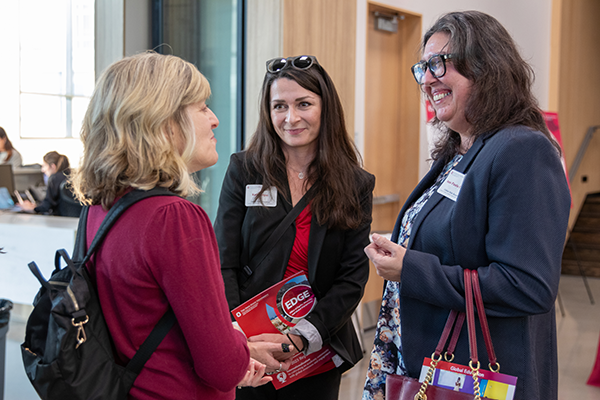
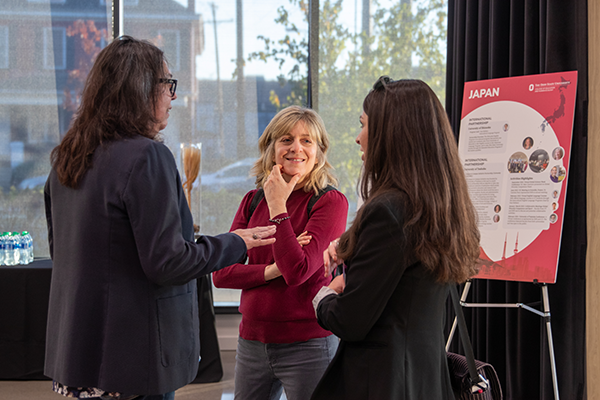
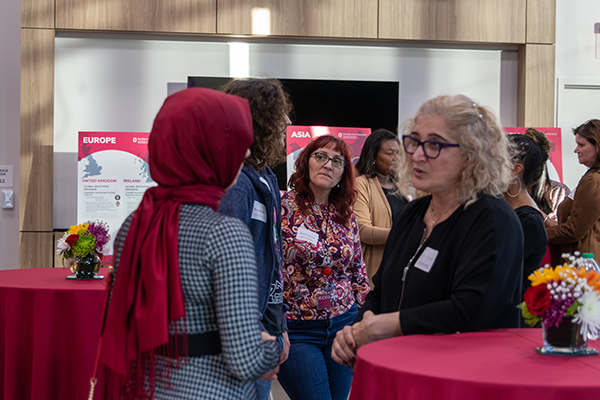
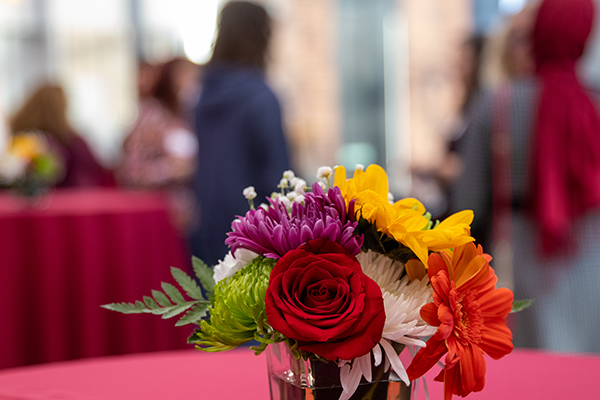
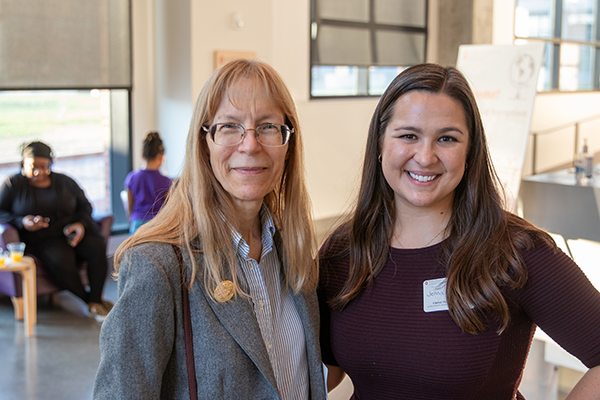
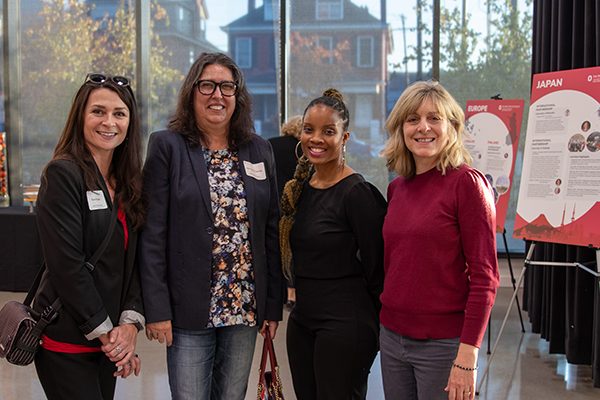
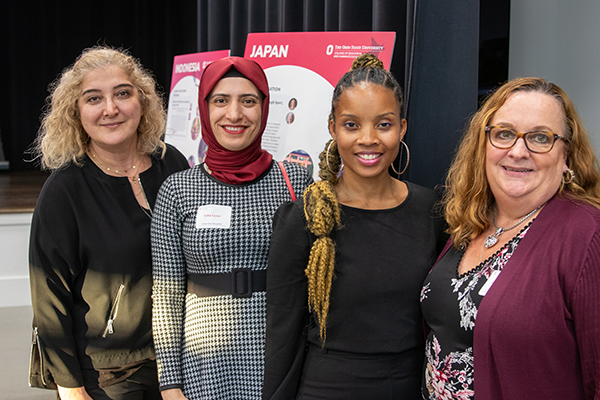
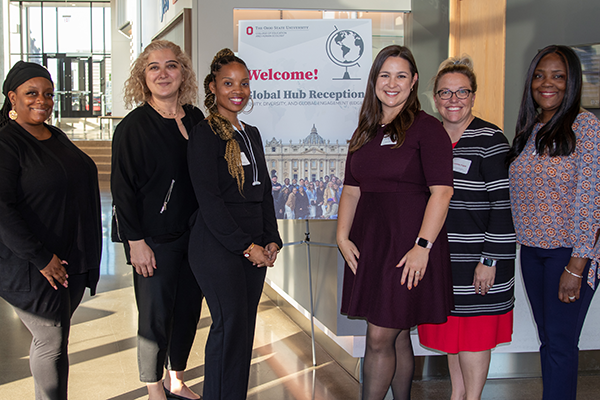
Innovative Pedagogy for Teaching English (IPTE): A Training Course for Indonesian Primary School Teachers
The BuckLER Center hosted the IPTE Program from September 11 to October 6, 2023. Funded by the micro-credential scholarships from Ditjen GTK Kemdikbud Republik Indonesia (Directorate General of Teacher and Education Personnel, Ministry of Education, Culture, Research, and Technology of the Republic of Indonesia), this professional development program was provided for thirty primary school teachers in Indonesia working from the Kurikulum Merdeka (Indonesia’s K-12 national curriculum). The teachers came from 14 provinces across the islands of Bali, Java, Kalimantan, Papua, and Sumatra. The purpose of the program was to provide foundational TESOL training for teachers who are teaching English to primary students but do not have formal training to teach English as a foreign/additional language. The program is based on an innovative pedagogical approach called the Core Practices for Teaching English, that includes several principles. The core practices encompass a 21st-century approach to teaching English based on the latest research in applied linguistics and multilingual language education.
IPTE was a two-part program and delivered in a hybrid format, where the instructors taught online from Columbus, Ohio, and the participants attended sessions and worked together in-person in Jakarta, Indonesia. During the first part, from September 11 to 15, the teachers participated in the training synchronously with BuckLER instructors via Zoom in the morning and worked with the facilitators from the Ministry for in-person enrichment activities in the afternoon. The program culminated in the creation of an Action Plan that was to be implemented in the teacher’s classroom. In the second part, from September 18 to October 6, the teachers returned to their schools to implement the action plan they had created in Jakarta and recorded their lessons. They continued to work together and give each other feedback on Scarlet Canvas, which was made available as a virtual environment for collaboration. At the end of the program, the teachers shared their teaching videos on Scarlet Canvas as the final project for the program.
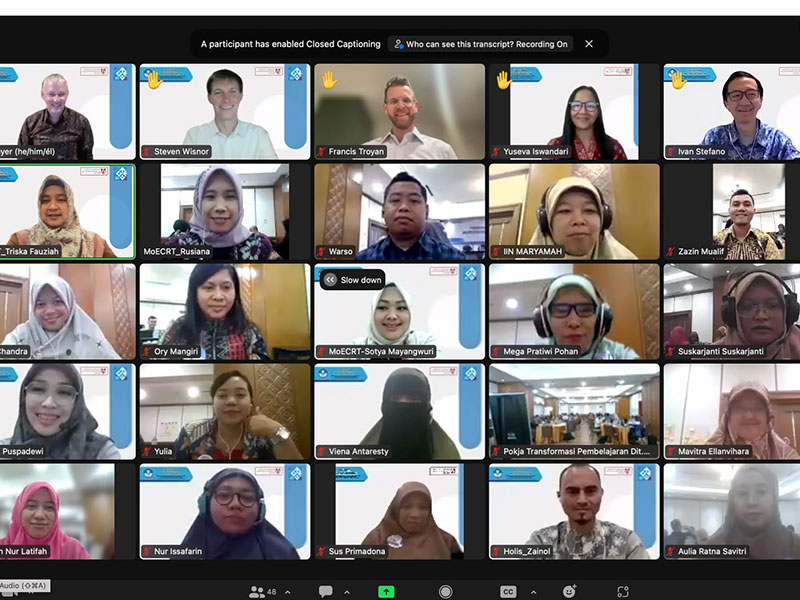
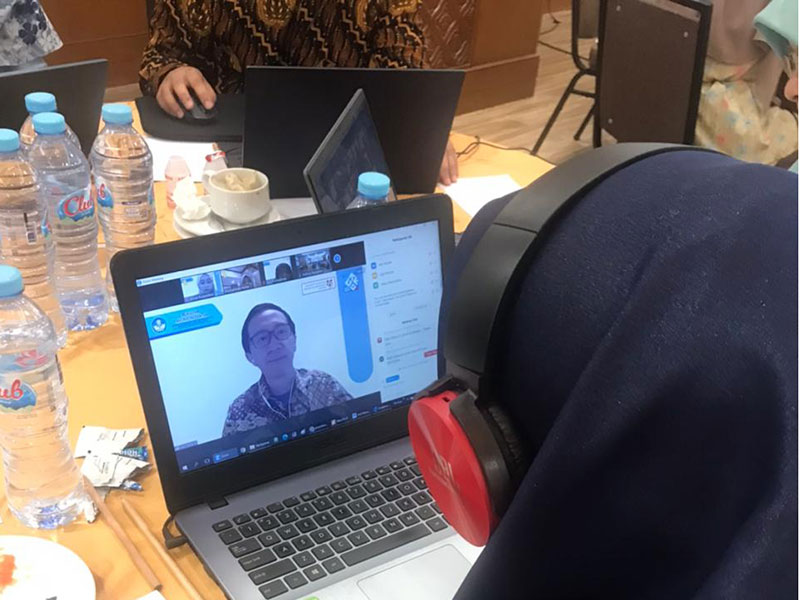
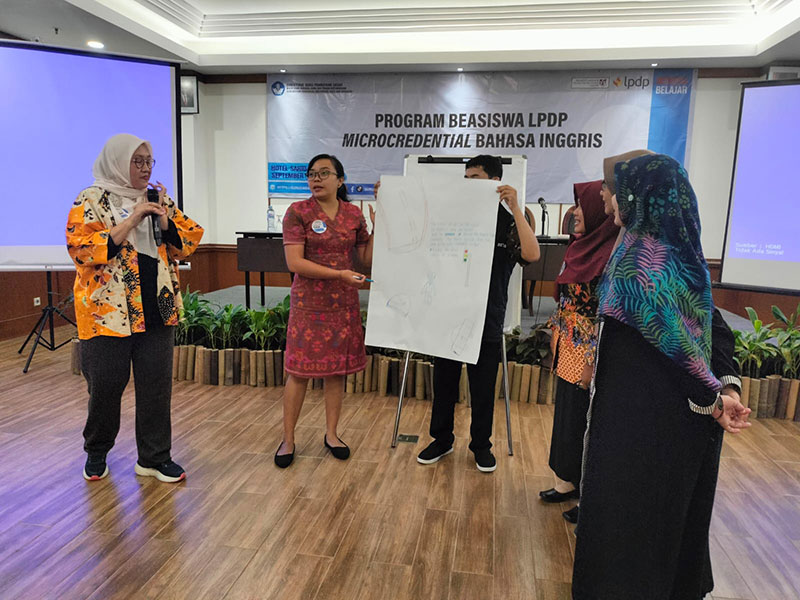
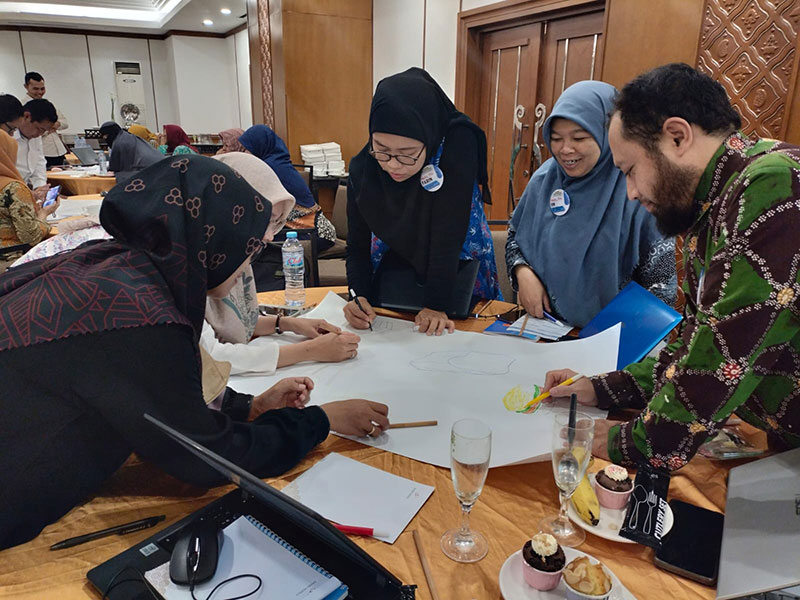

Center on Education and Training for Employment
CETE’s DACUM (an acronym for Developing a Curriculum) International Training CenterCETE is also home to the DACUM (an acronym for Developing a Curriculum) International Training Center, a virtual or in-person job and occupation analysis institute that has been used worldwide for more than 40 years. This unique process offers components that successfully support job and occupational analysis for organizations, including community colleges, companies, government agencies, and professional organizations. The DACUM International Training Center has trained over 5,000 facilitators in over 58 countries and across six continents. The DACUM Virtual Institute has recently served international clients, including those in Liberia, Zimbabwe, Kenya, Japan, the United Arab Emirates, and Singapore. The DACUM International Training Center is still offered in person, with plans to host 14 participants in Columbus from the Africa Institute of Organization Development in the near future. The participants want to experience DACUM to develop competency-based education in Ghana.
EHE Hosts International Delegations
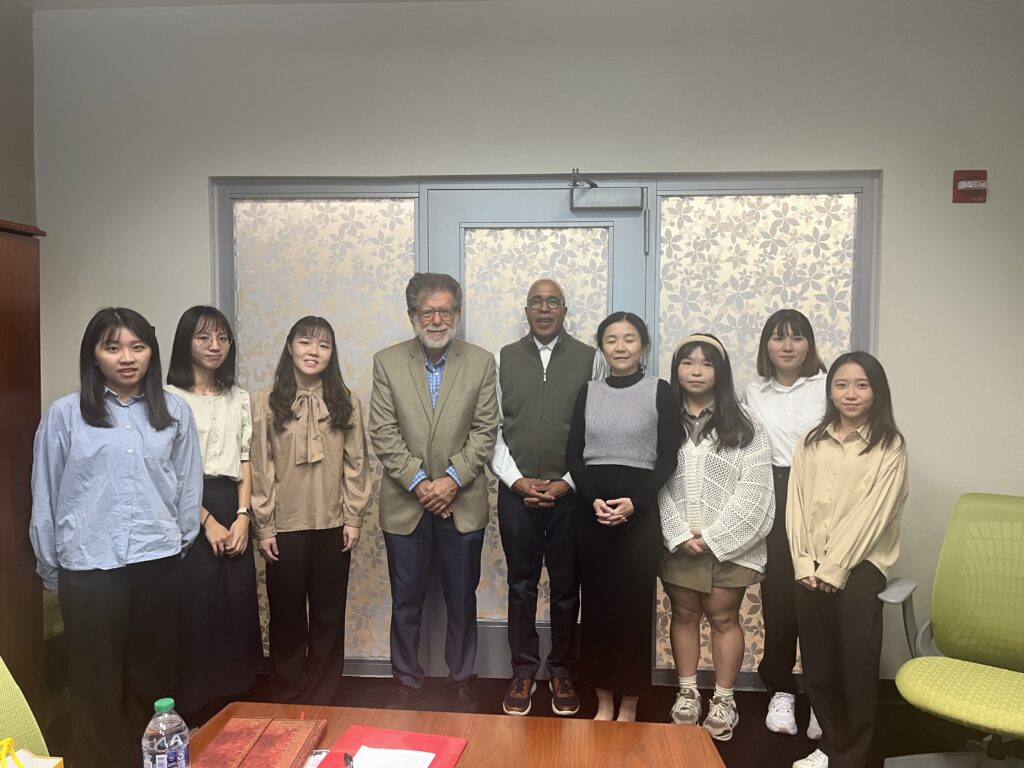
Dr. Peter Paul hosted Dr. Jessie Chung and her six undergraduate students from Pingtung University in Taiwan.
Global Education Programs
EHE Student Experience
“Our program explored ‘The European Model of Sport’ which differs drastically from our model in the U.S. As a rising professional in the sport industry, I wanted to ensure that my knowledge was holistic.”
Emma Brown, a graduate student studying kinesiology, studied abroad on The European Model of Sport program in Summer 2023. Read her story here.
Upcoming Programs (Spring Break 2024)
Multicultural Histories and Legacies of the UK, led by Julius Mayo, Eric Jaburek and Alexandria Davis, will travel again with a group of 11 students this year. As a part of the ESHESA 3573 course, student participants will examine the concept of social change in domestic and global contexts on the Columbus campus during the Spring semester of 2024, including travel abroad to the United Kingdom during spring break. This program provides student participants the opportunity to understand what social change is and how it relates to how communities live, learn, and engage with each other.
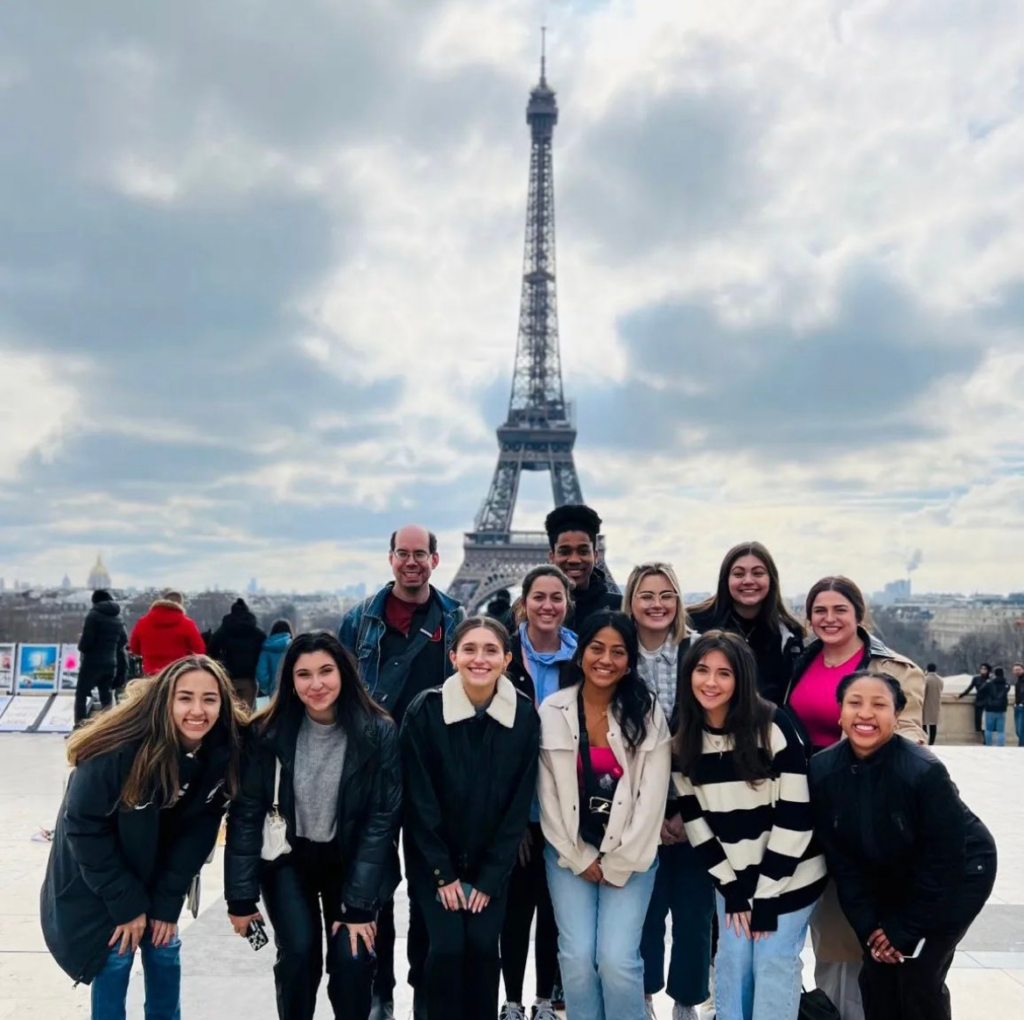
Hospitality, Gastronomy, and Tourism in Paris, led by Anne Turpin and Ashley Hicks, explores the heart of hospitality in Europe’s top tourist destination. 13 student participants will gain insight into various segments of hospitality (culinary arts, food production and service, tourist attractions) through hands-on and behind-the-scenes access to some of Paris’ most popular sites.
Upcoming Program Application Deadlines (Summer 2024)
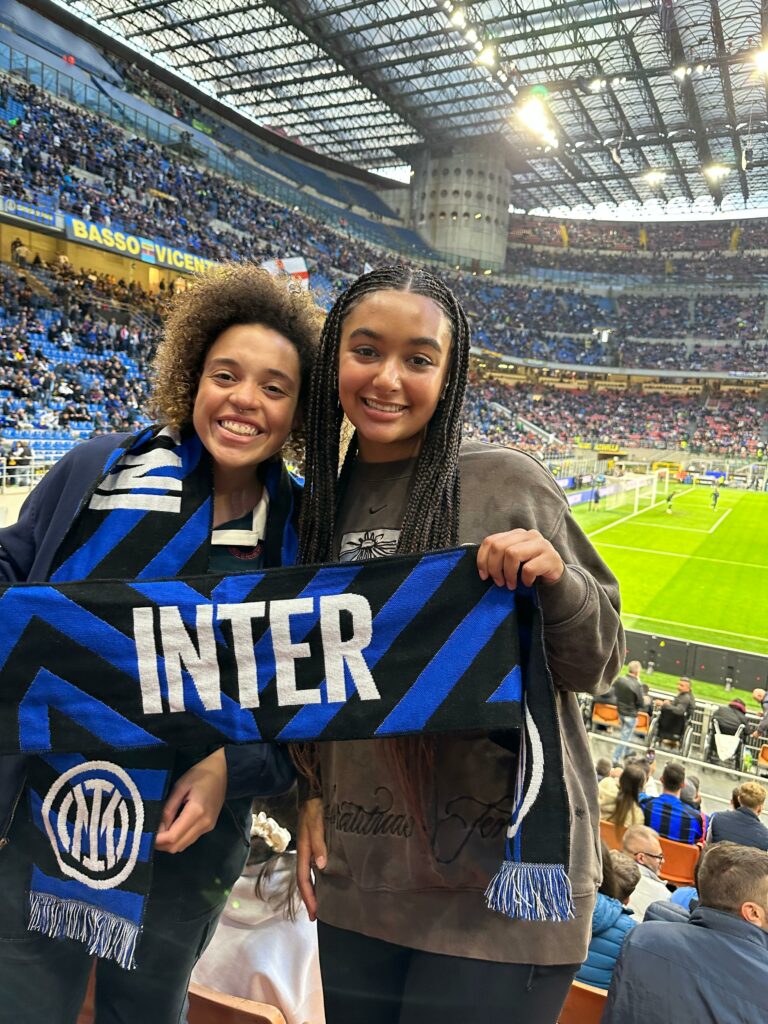
The European Model of Sport, led by Brian Turner and Erik Porfeli, takes students on a seminar through Europe, providing a unique firsthand experience in international sports. Over the course of 11 days, the group is immersed in topics such as sport management, marketing, and sports law. Participants attend lectures by European sport executives, engage in student workshops, and tour sport facilities.
Apply by January 9th
Ireland: First Education Experience Program (FEEP), led by Yvonne Goddard and Ann Allen, is an 11-day study abroad program that takes students on a comparative experience internationally. This program has a strong focus on rural and Appalachian populations in Ohio but allows students to draw connections to the communities where Appalachian ancestors hail through education-related activities and excursions.
Apply by January 9th
Other International Opportunities
OIA Annual Call for proposals International Research and Scholarship Grant
The International Research and Scholarship Grant competition is open to undergraduate students, graduate students and faculty for international projects that can be implemented on campus or abroad. Projects can address critical issues in a regional context; advance new global-oriented knowledge; implement programs in diverse political, economic and cultural settings; projects at/with OSU Area studies regions; or develop international education that enhances equity, diversity access, gender and worldwide racial justice.
The grant competition is sponsored by the Offices of International Affairs, with support of the Office of Research, the Graduate School, and the Office of Student Academic Excellence. Awards range from $1,000 to $5,000. Proposals are due December 11, 2023.
For more information, visit:
For questions write to OIA-Grants@osu.edu
Fulbright United Kingdom Summer Institutes
Fulbright United Kingdom Summer Institutes offer funded opportunities to study abroad for 3-4 weeks. This program is for first- and second-year undergraduate students, and it prioritizes students with little-to-no travel experience outside of North America and students with limited financial means. The application deadline is February 1, 2024.
Applicants can choose from one of seven programs of study including:
- Arts Activism and Social Justice at the University of Bristol
- Black Humanities at the University of Bristol
- Understanding Northern Ireland at Queen’s University Belfast
- Identity and Nationhood through the lens of Wales at Aberystwyth University
- Climate Change and the Environment at University of Exeter
- Technology, Innovation and Creativity at University of Strathclyde and Glasgow School of Art
- Scotland’s History: Kingdom, Nation, People at University of St. Andrews
Fulbright United Kingdom Summer Institutes hybrid information session
On Tuesday, December 5th at 3:30-4:30 pm, the Undergraduate Fellowship Office is holding a hybrid information session (on Zoom and in Kuhn 201) for Fulbright United Kingdom Summer Institutes. We’ll discuss the objectives of the award, eligibility requirements, and application components. Participants will also engage in guided brainstorming processes to generate ideas for their application essays.
Questions? Reach out to the Undergraduate Fellowships Office at fellowships@osu.edu.
Guest Article Feature

Cydni Robertson
My Post-Doctoral Journey and Infusing More Culture into Fashion Classrooms: Mapping, Digitizing, and Preserving Diverse Fashion Collections in Ohio
The Course: The Fashion and Retail Studies program at The Ohio State University proudly boasts a community rich with engaging course content and thriving student-faculty relationships. Particularly, the 20th Century Fashion History and Beyond course (CSFRST 2374) is one of many general education courses offered in the Fashion and Retail Studies (FRS) program that continues to attract students from various departments all over campus. In this course, students learn that the study of fashion is a subject that interconnects with economics, agriculture, politics, psychology, sociology, chemistry, anthropology, and more, which allows non-fashion and Retail Studies majors to learn how their primary course of study seamlessly merges with the fashion industry and history.
The Opportunity: In 2022, while teaching the fashion history course for the first time, the OK-PROS W.K. Kellogg Foundation grant presented researchers with the opportunity to enhance course content that focuses on diversity and inclusion, aiming to create a more welcoming classroom environment. With this grant and exciting opportunity, I challenged myself to seek literature, media, and contextually relevant historical examples were present in the course content that reflected each ethnicity, gender expression, and religious background of the students in my class while also validating their lived experiences as connected to 20th-century fashion history. The increased focus on representation within the class yielded positive results, including but not limited to more students choosing FRS as a minor, increased classroom participation, the establishment of mentor/mentee relationships, and underrepresented students building interpersonal communities after finding each other in this course. This let me know that representation is not just a buzzword; it’s a tool that can be used to improve the learning experience in collegiate classrooms and in all disciplines.
The Research: I decided to take this educational-social experiment further and use the grant to connect with Ohio fashion museums and explore what is presently available in these collections that reflect designs from underrepresented populations and which pieces are directly influenced by underrepresented ethnicities and cultures. The pilot phase of this study specifically explored the representation of African and/or African-American designers at The Ohio State University’s Historic Costume Collection and Kent State University’s Museum – Gallery of Costume, Online Collection, and Designer Archives. The objectives were to determine 1) the ease of searchability within the fashion collection databases for pieces directly related to African and African American culture and designed by African and African American designers 2) Quantify the pieces available once found, 3) determine ways to include these archival pieces into lecture content, and 4) determine how we can find access to more of these pieces. Our findings show a highly limited collection of pieces designed by Africans and African Americans at both institutions. The search features within the database do not allow for narrowing results by the garment’s culture or ethnic affiliation. There is an opportunity to revisit how we archive pieces by underrepresented groups to make them more easily searchable while also seeking opportunities to increase the quantities of said pieces. The research was then submitted to the Fashion Institute of Technology (FIT)’s Archiving Fashion Conference – Mapping Fashion Collections and a video summary of our study was accepted for publication on their FIT – Fashion Calendar website, which is a list of archives, libraries, museum collections, and virtual collections that include fashion and/or textiles and related materials across the globe.
The Call-to-Action: In all, we learned from this exploratory project that fashion impacts every aspect of society and that educational communities thrive when we each can see ourselves as valid and valued contributors. Are you aware of any historical pieces from underrepresented groups that deserve to be preserved, showcased, and taught about within collegiate classrooms? If so, we would love to hear from you and share your piece of fashion history.

